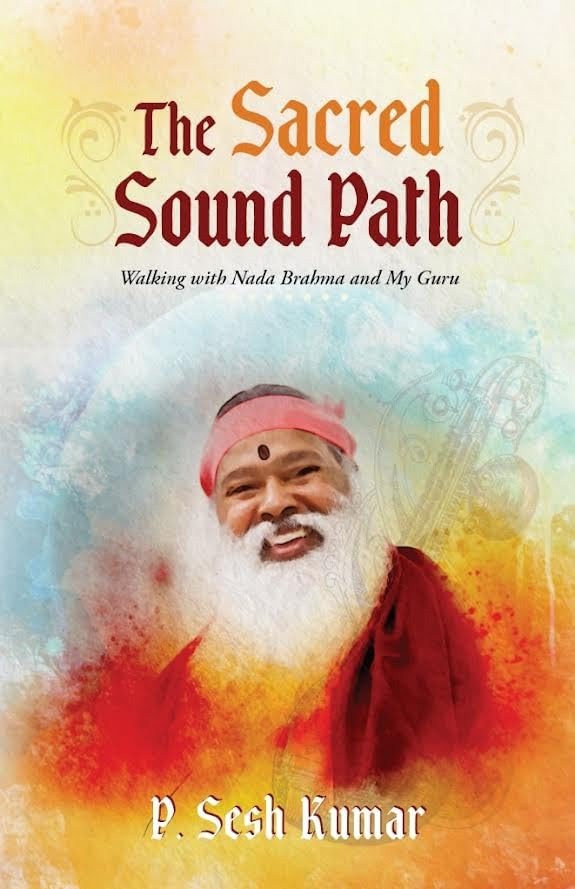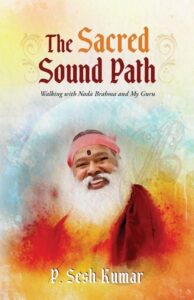BJP’s shocking philistinism
Ravi Shanker Kapoor | October 16, 2015 11:42 pm
Much of the outrage expressed by the eminent writers who have returned Sahitya Akademi awards is indeed selective and opportunistic. It is a kind of me-too-intellectual rush, with every author hastening to register contrived indignation at the alleged complicity of saffron outfits in recent acts of violence, especially the murder of M.M. Kalburgi, a noted academic and Sahitya Akademi award winner. But the question the Hindutva protagonists should ask themselves is: why is the almost entire intellectual class instinctively, fundamentally, and ideologically opposed to them?
Well, there are writers whose interests are intertwined with the prospects of Leftists in the opinion-making paraphernalia; but there are also authors whose interests are not vested in socialism. So, while Finance Minister Arun Jaitley is bang on in his assessment that the move to return awards is “politics by other means,” he errs in calling the revolt of writers a “manufactured” one. For so many eminent authors cannot be commandeered to march like a legion and attack the Narendra Modi government; they are writers, not mercenaries or party activists.
Yet, Jaitley’s blog makes a lot of sense: “After the new Government was sworn in May, 2014, those who had enjoyed the patronage under the earlier establishment have obviously been uncomfortable with the present Government. This discomfort has been furthered by another political reality in India. With shrinking fortunes, the Congress is showing no signs of revival. The Left is being increasingly pushed to the margin. The new strategy of anti–Modi, anti–BJP sections appears to be to resort to ‘politics by other means.’ The easiest way is to manufacture a crisis and subsequently manufacture a paper rebellion against the Government in the wake of a manufactured crisis.”
He goes on to mention the reports of attacks on Christians and churches during the earlier months of the Modi regime. Jaitley rightly says, “Each one of those ‘attacks’ was investigated and most of them were found to be incidents of petty crimes such as theft or throwing bottles to break a windowpane.”
He offers other facts and arguments to buttress his case: “The rationalist Mr. M.M. Kalburgi was shot dead in Karnataka, a Congress ruled Government. Mr. N. Dabholkar, another rationalist, was shot down on 20th August 2013 in Maharashtra at that time ruled by the Congress and the NCP. Both incidents need to be condemned in no uncertain terms. It is the responsibility of the State government to maintain law and order and provide security to a vulnerable target of attack. Similarly, the Dadri incident took place in Uttar Pradesh, which is ruled by the Samajwadi Party.”
Jaitley has a strong case and good lawyerly arguments, but neither he nor anybody else in the saffron brotherhood has ever tried to answer the key question: why do writers hate Hindutva? The complementary question is: why are they still besotted with the socialist ideology? The answer is simple: Hindutva has failed to evolve as an attractive political philosophy, while socialism still retains its charms despite its multiple and multifarious failings.
Marxism is a modern ideology, something a person of heightened consciousness, as also the man in the street, can identify with. Ditto with the fraternal twin, socialism. There is the theory of surplus value, there is a political philosophy, there are even doctrines on art and culture. And what, pray, do we have from the Hindutva camp? A hodgepodge of pseudoscience (ancient Indians invented everything that has been invented in the last 5,000 years and will be invented in the next 10,000 years), pseudo-history (India was once sone ki chiriya), monumental vanity (India will become vishwa-guru, whatever it means), sloganeering, smart alliteration, and unadulterated claptrap.
It’s not that effort was never made to come up with a political philosophy. Deendayal Upadhyaya (1919-68) propounded the ideology of ‘integral humanism,’ which was adopted by the BJP’s forebear, the BJS, in 1965. Upadhyaya was indeed a thinker, but his boldness—his doctrine was propounded during the heyday of socialism—was more admirable than his insights. A scrutiny of integral humanism would reveal that it was little more than a saffron variant of Nehruvian socialism. Worse, few, if any, BJP members read even Upadhyaya, let alone any other author. Indeed, their philistinism is also a cause of their disdain for Sahitya Akademi awardees.
A contemporary commentator has presented Hindutva as an equation: Bharatiya Janata Party = Congress + cows. A more appropriate equation would be: BJP = Congress + social conservatism. Apart from raising a stink about cows and indulging in moral policing—the squeamishness over dance bars being a recent instance—the BJP has failed to act as a genuine conservative party. It has never been a votary of free speech; its support for the obnoxious Section 66A and its aborted attempt at encryption proved that. The BJP has not repealed draconian laws and regulations; its petulance against activists it hates also underlines the fact that it has little respect for civil liberties. Further, the ruling party has done little to be called a champion of limited government and free enterprise.
On top of that, there are guys who bash up youngsters celebrating Valentine’s Day and the girls visiting pubs.
Unsurprisingly, not many authors are enamored with Hindutva and its protagonists. In a nutshell, the BJP has been unable to sell itself in the marketplace of ideas.































